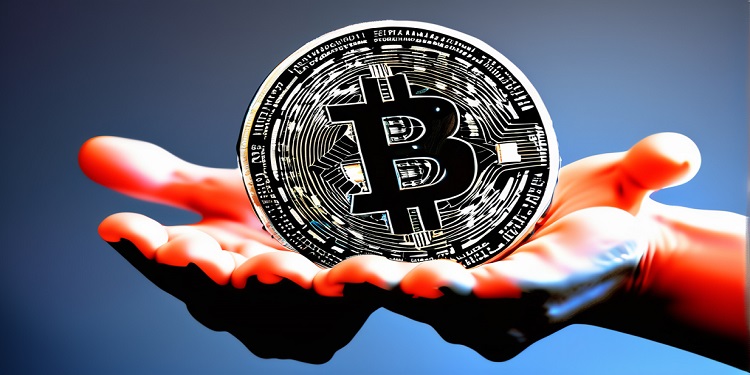 As a result of the Bitcoin craze, various businesses and inventors have emerged. Although Jack Mallers is not a household name, he is now considered to be among the highly regarded figures in the cryptocurrency industry. He is the core strategic person who laid the groundwork for El Salvador’s adoption of Bitcoin as official currency – the world’s foremost such nationwide initiative, and one that was so daring that nearly every single Bitcoin skeptic, which includes nearly every mainstream finance professionals, predicted it would crumble. He is also the author of the book Bitcoin: The Complete Guide.
As a result of the Bitcoin craze, various businesses and inventors have emerged. Although Jack Mallers is not a household name, he is now considered to be among the highly regarded figures in the cryptocurrency industry. He is the core strategic person who laid the groundwork for El Salvador’s adoption of Bitcoin as official currency – the world’s foremost such nationwide initiative, and one that was so daring that nearly every single Bitcoin skeptic, which includes nearly every mainstream finance professionals, predicted it would crumble. He is also the author of the book Bitcoin: The Complete Guide.
Launched in 2017, Zap, founded by 27-year old Mallers, is a payment processing app for cannabis retailers. In the following years, Zap evolved into a cryptocurrency exchange, creating the Strike app, which has become one of the world’s largest Bitcoin payment solutions. The young CEO, who was named in the Forbes 30 Under 30 list in 2021, is surprisingly a college dropout who hails from a family with a long history in the financial industry.
One of his grandfathers served as chairman of CBT (Chicago Board of Trade), and his dad was the founding partner of one of the city’s most prominent futures trading firms. Eight years back, his father explained him about Bitcoin. El Salvador’s Bitcoin drive started as a result of the popularity of the Strike app, which is based on the Lightning network and is available in the nation. In addition to being constructed over the already-existing Bitcoin blockchain, the Lightning Network also enhances the processing capability, while ramping-up the transactions the network can handle.
It allows for rapid and feeless trades since it handles payments off-chain, which helps to relieve congestion on the primary blockchain. Because of the additional layers, such a system considerably increases the operating rate and ramp-up features. Mallers, in contrast to the majority of Bitcoin advocates, who are perceived as abrupt and loud, is a squishy individual. Mallers broke down in tears in a public statement after El Salvador confirmed its adoption of Bitcoin.
“As far as economics and developing markets are concerned, this is among the most significant changes in the previous 250 years.” In a subsequent interview with CoinDesk, Mallers said that “it is the key notable event in which I have played a role, and it probably will be for the rest of my life.”
Even though the judgement is still out over whether or not it was a breakthrough, El Salvador’s embrace of Bitcoin is expected to save the government $400 million in remittance charges over the next five years. In Latin America, remittances account for a significant portion of GDP—more than 25% with respect to El Salvador—as migrant labourers seek better opportunities in the United States and other countries.
Prior to accepting Bitcoin as its legal money, the government had selected the United States dollar as its official currency. This meant that people would have to travel to the closest Western Union location and pay exorbitant fees in order to collect their money once it had been converted to their local currency. Additionally, Mallers has been actively associated with the Bitcoin Beach Project, where he has served as a champion of basic human liberty, a trait that he equates with financial transactions.
The project’s primary emphasis is on integrating financially excluded individuals into the payment infrastructure. The Bitcoin initiative in El Salvador will be remembered as his most significant financial integration success, since earlier, 70% of El Salvadoreans had no access to a bank account.
He is also involved in other initiatives, most notably assisting the government of El Salvador with the creation of a Bitcoin bond. Mallers responded to IMF director Christine Lagarde’s criticism of El Salvador’s decision to accept Bitcoin with a blog post. In contrast to more experienced bitcoiners, who are more likely to be judgmental of officials, he went out of way to clearly explain why he thinks Bitcoin is the “biggest economic tool human beings have envisioned,” communicating in the academy in a dialect that they could understand and appreciate.
He also stated that the International Monetary Fund (IMF) should not be concerned about Bitcoin since it is only a “instrument” that would benefit mankind. It will be history if Mallers’ predictions come true and Bitcoin continues to revolutionize the world, and he’ll have performed one of the crucial roles in defining that narrative.








